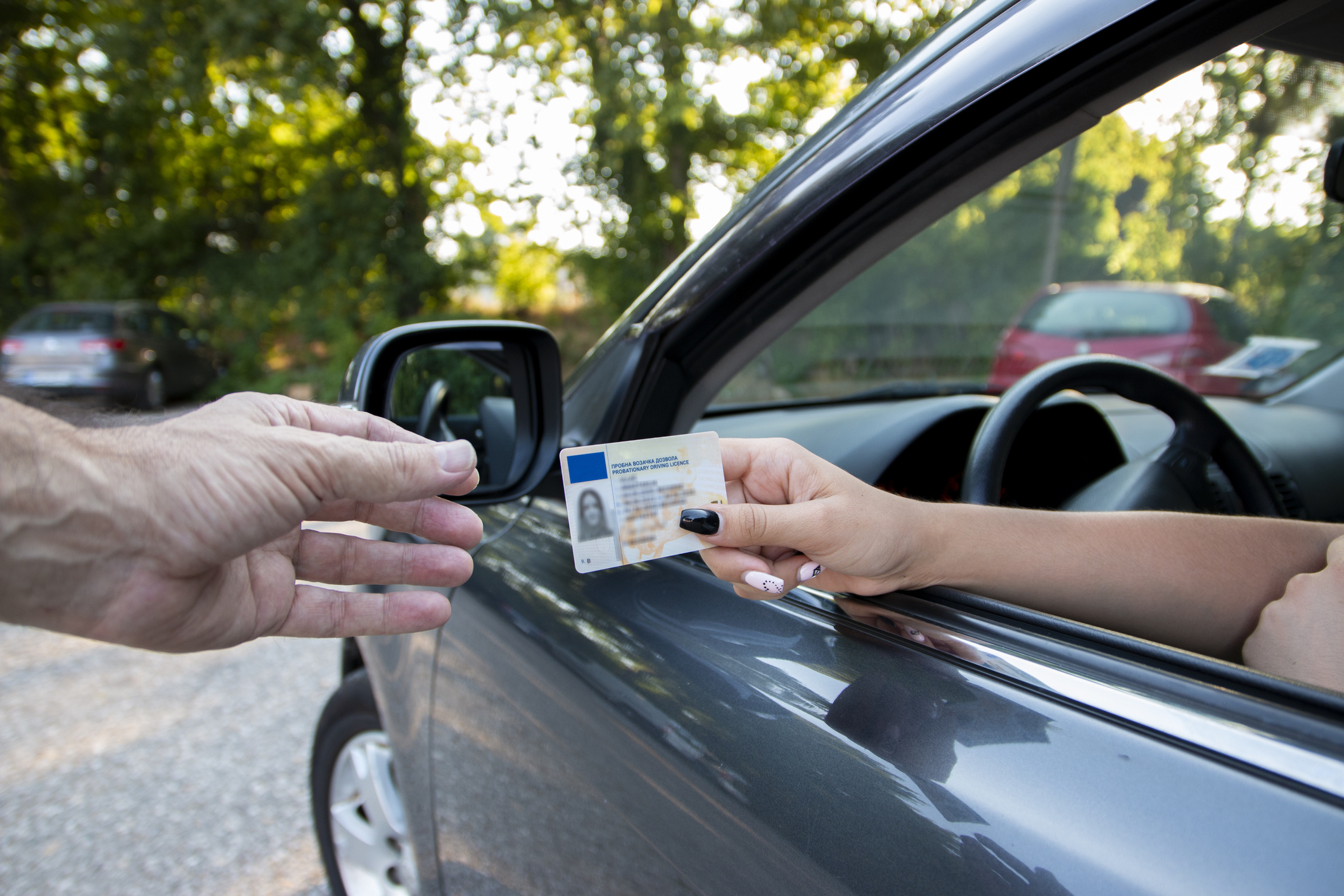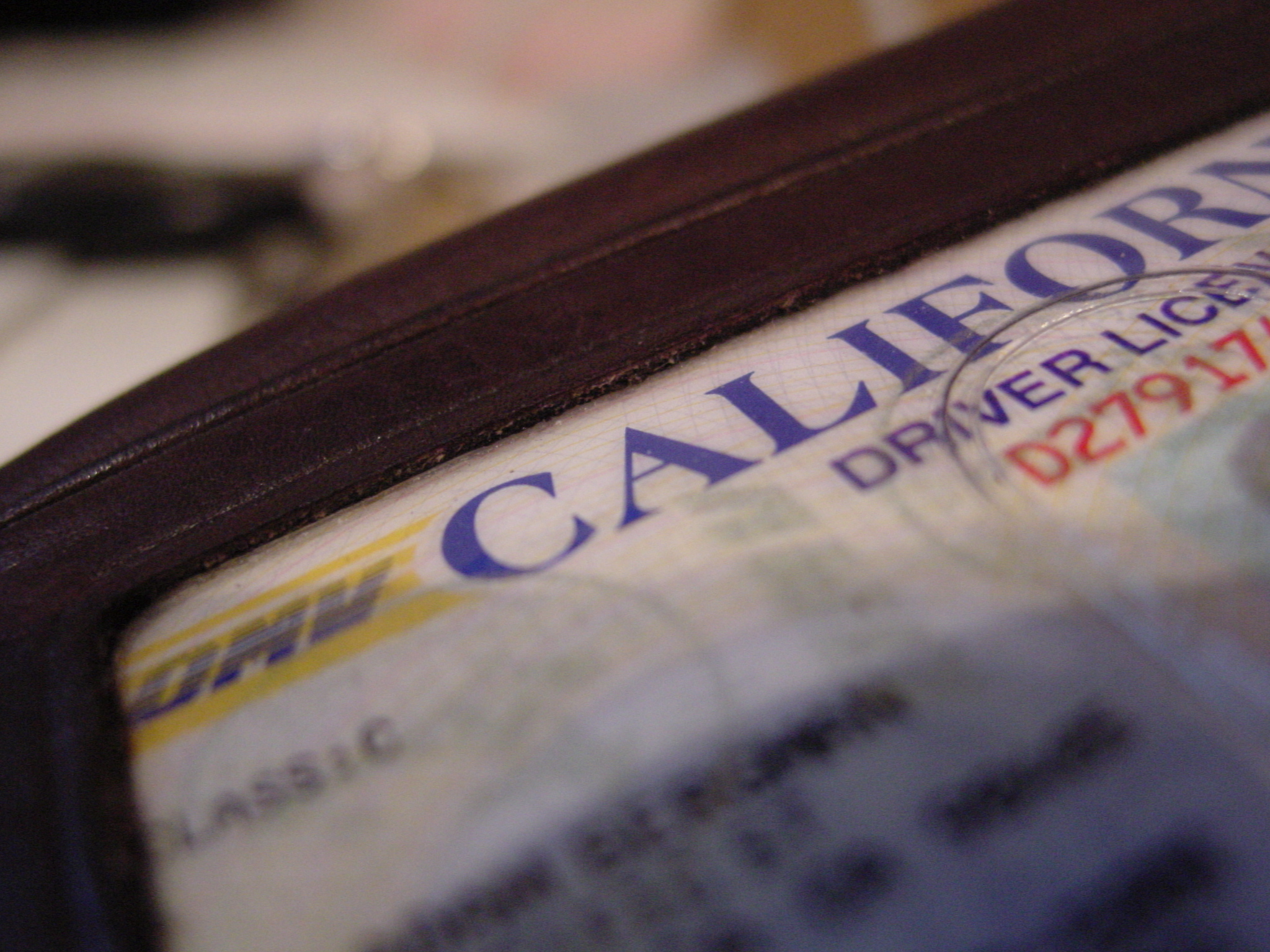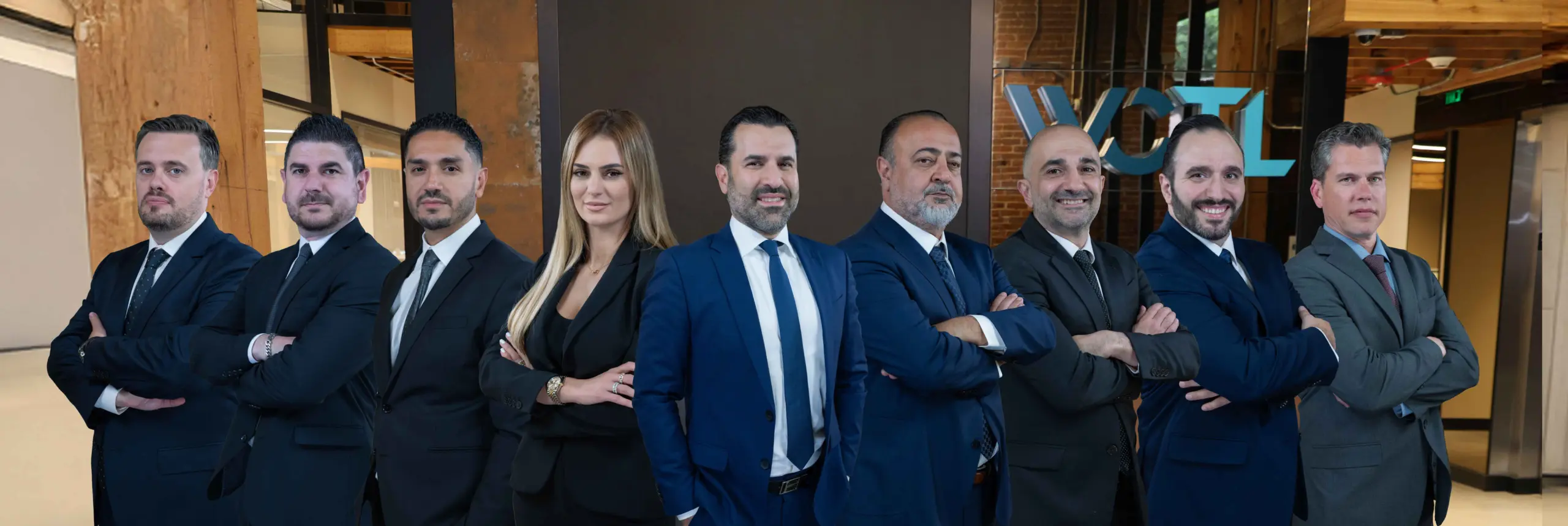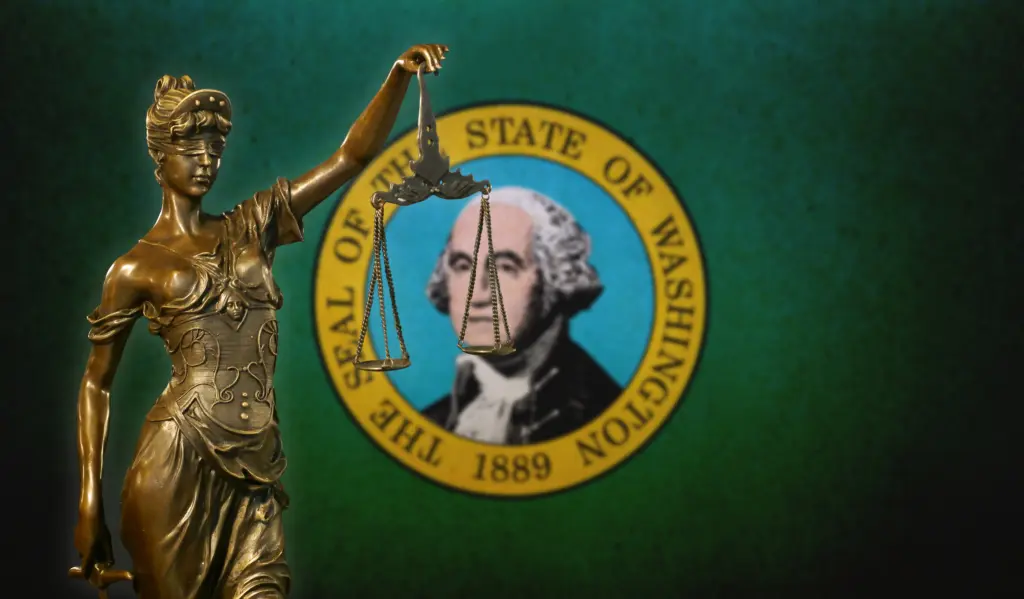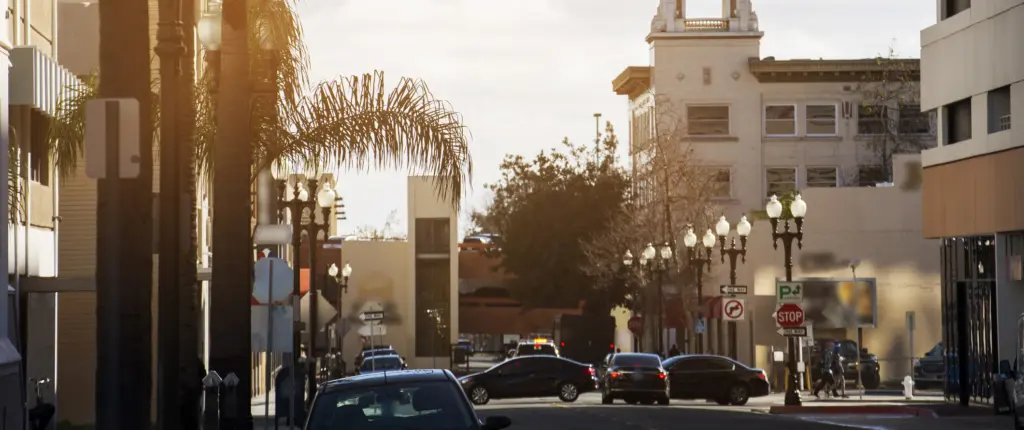In the vast landscape of the U.S’ transportation sector, understanding the basic differences between commercial and non-commercial driver’s licenses is pivotal. When people say “commercial license,” they usually mean a CDL—the credential you need to operate heavier trucks, buses, or hazmat loads. On the other hand, a non-commercial license covers everyday driving (and, in California, some large RVs/trailers under special non-commercial A/B rules).
Whether you are a motorcyclist just wondering which license to get or you’re a potential driver embarking on a career in transportation, knowing which license applies isn’t just paperwork: it can affect penalties, insurance, and even fault arguments in a personal injury case.
Commercial Driver’s Licenses (CDLs): A Deep Dive
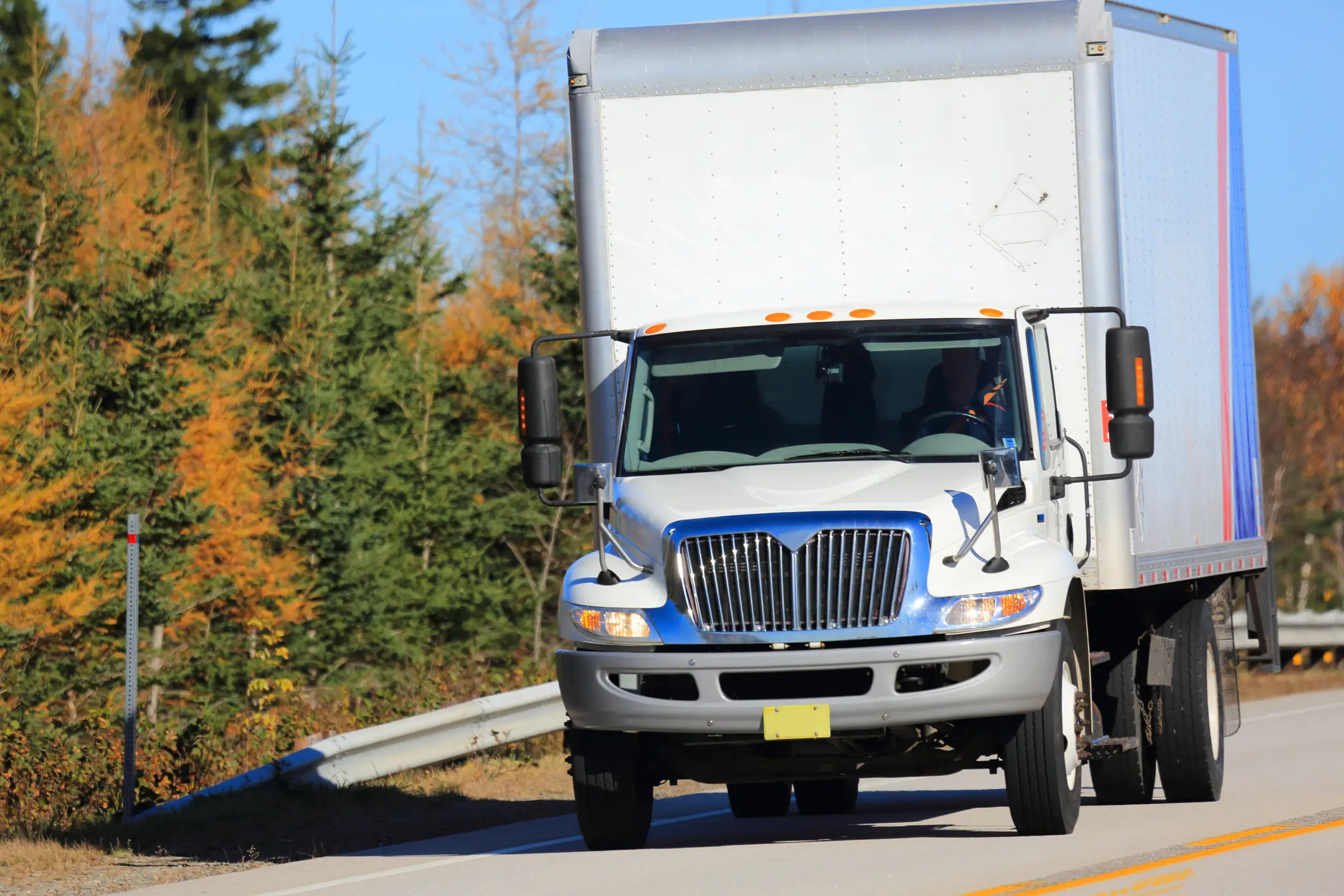
The Categories of Commercial Driver’s Licenses
The Commercial Driver’s License (CDL) is separated into three categories, each tailored for a specific class of vehicles. Here we list the characteristics and requirements for each class:
- Class A CDL – Designed for individuals aiming to operate vehicles with a combined weight of 26,001 or more pounds, where the vehicle being towed exceeds 10,000 pounds.
- Class B CDL – This license permits the operation of vehicles having a gross vehicle weight rating (GVWR) exceeding 26,000 pounds, wherein the vehicle being towed is less than 10,000 pounds.
- Class C CDL – Reserved for drivers handling vehicles designed to transport 16 or more passengers, including the driver, or transporting hazardous materials that require signature authorization.
Career Opportunities with a CDL
Acquiring a CDL opens avenues to a plethora of career opportunities, including:
- Truck driving
- Bus driving
- Operating specialized vehicles for construction
Eligibility and Application
Meeting eligibility standards and successfully navigating the application process is huge for soon-to-be commercial drivers. They must:
- Be at least 18 years old for intrastate driving and 21 for interstate driving.
- Hold a valid non-commercial driver’s license.
- Pass the CDL General Knowledge test.
- Successfully complete the skills test in a vehicle representative of the class of CDL applied for.
A physical examination by a certified medical examiner is also a big step in the application process.
Non-Commercial Driver’s Licenses: What You Need to Know
Classification of Non-Commercial Licenses
Non-Commercial licenses allow the operation of personal vehicles and are classified as follows:
- Class D – A.K.A a regular driver’s license, or the standard license for operating personal vehicles.
- Class M – Specifically for drivers operating motorcycles or mopeds.
Acquiring a Non-Commercial License
Individuals seeking a non-commercial license need to adhere to the following steps:
- Successfully complete a driver’s education course (for applicants under 18 years).
- Visit the DMV & Pass the written knowledge and vision tests.
- Showcase your driving skills during the road test.
Renewals and Endorsements
Regular renewals are mandatory, with usual license expirations ending on the drivers date of birth, every five years or so. A variety of endorsements also allow for the operation of special vehicle types, such as recreational vehicles.
Provisional Driver’s License Laws in California
For drivers under the age of 18, California issues what is known as a provisional driver’s license. While many teenagers are eager to drive solo as soon as they pass their driver’s test, this provisional license places certain restrictions on their driving for the first year or until the driver turns 18, whichever comes first.2
For instance:
- For the first 12 months, the provisional driver cannot drive between 11 p.m. and 5 a.m.
- Also, during the first 12 months, the driver cannot transport passengers under 20 years old unless accompanied by a licensed parent, guardian, certified instructor, or driver aged 25 or older.
This law is aimed at gradually introducing new drivers to the road, hoping they gain experience under safer conditions before enjoying full driving privileges.
Having Trouble With Your Case? Call West Coast Trial Lawyers
Whether aiming for a career in the commercial driving sector or understanding the non-commercial license spectrum for personal use, this detailed guide serves as your roadmap to making informed decisions.
West Coast Trial Lawyers has award-winning car accident attorneys in California and Nevada. We take pride in our track record of securing over $1.7 billion in case resolutions for our clients. Given our consistent track record in supporting countless personal injury victims, we stand as the premier option for all injury victims across the west coast.
Reach out to us today at (213) 927-3700 or fill out our contact form for a free consultation with our legal team.
